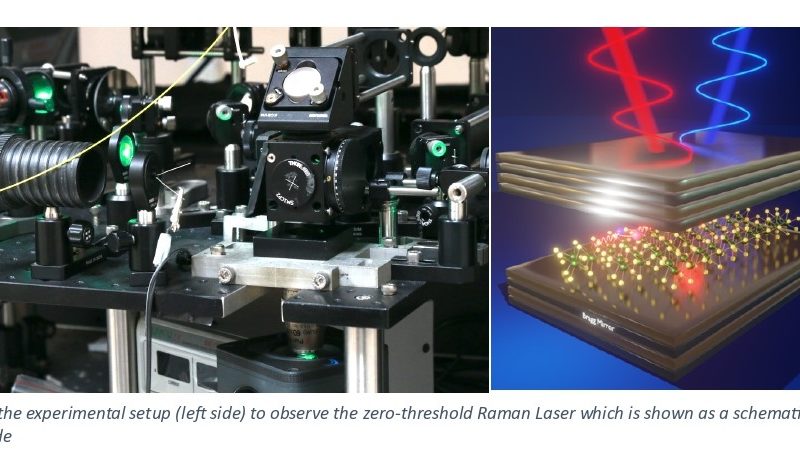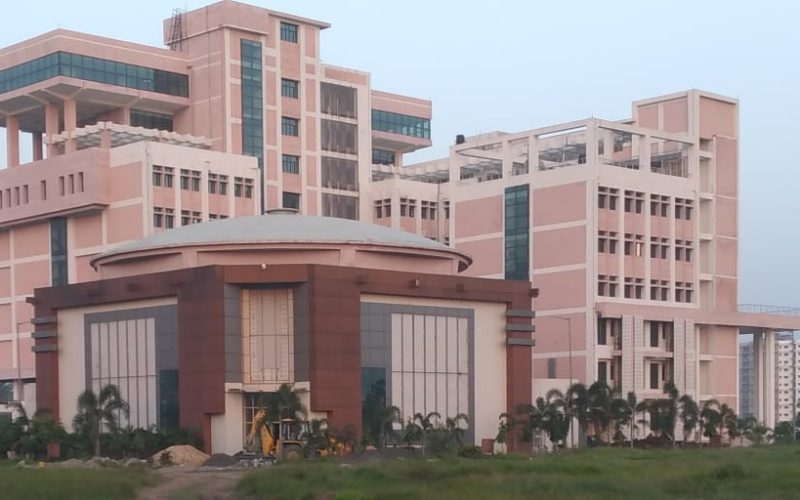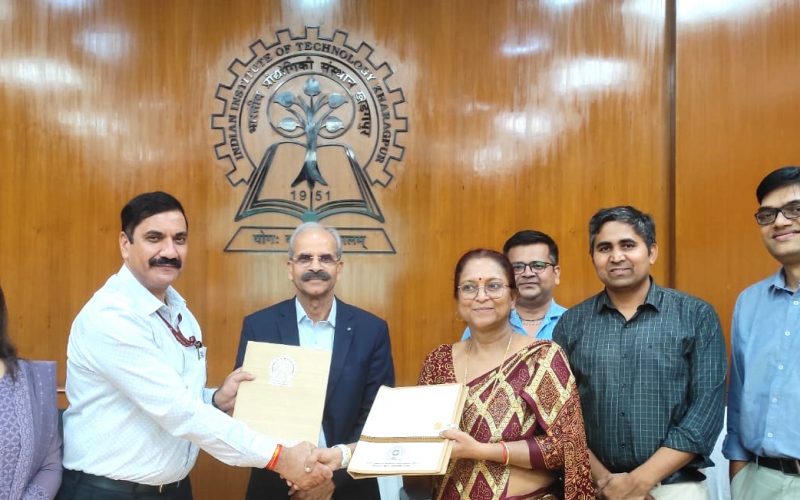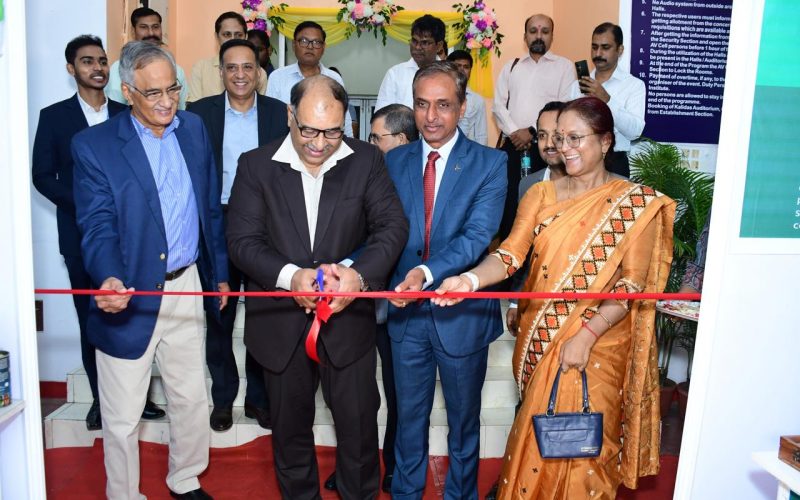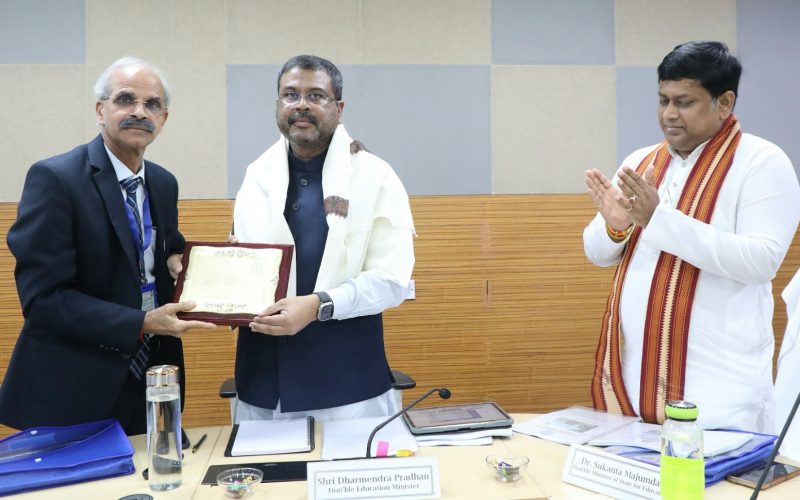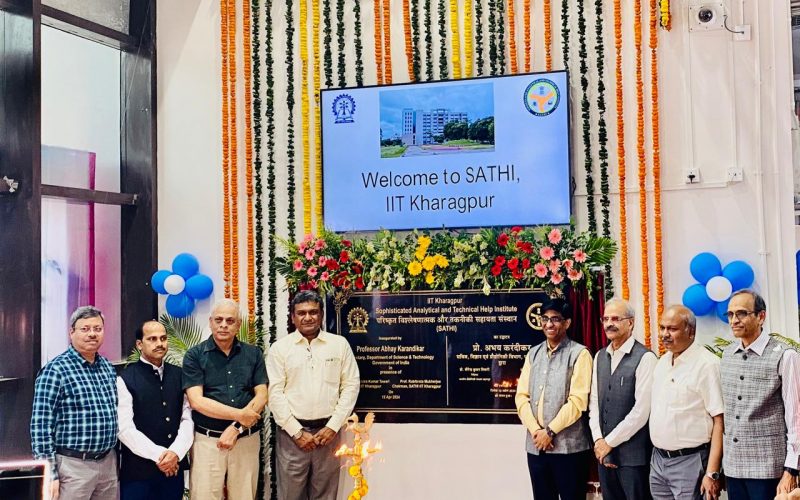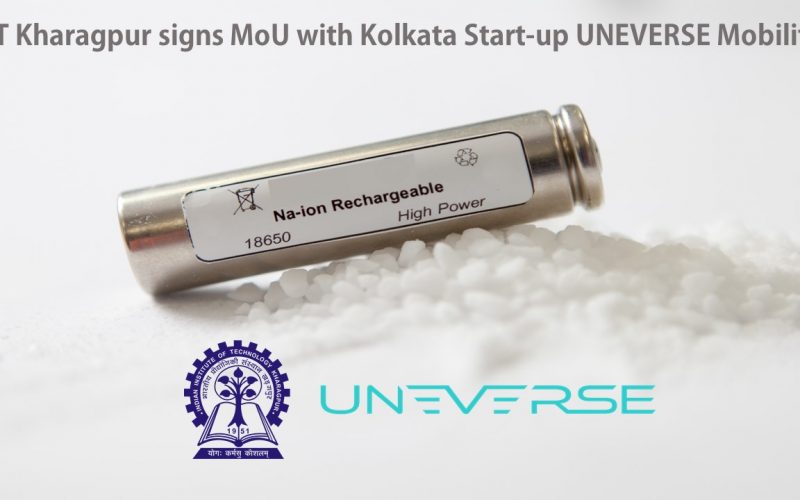
Inauguration of VATIKA: The Biophilic Studio at IIT Kharagpur Research Park – A Milestone in Sustainable Innovation
A significant milestone in sustainable innovation was achieved with the inauguration of VATIKA: The Biophilic Studio at the IIT Kharagpur Research Park. The event was graced by Dr. Amit Patra, Director of IIT Kharagpur, along with Dr. Rintu Banerjee, Deputy Director, and Dr. Khanindra Pathak, Professor-in-Charge of the Research Park. This inauguration marked the first Biophilic Studio of its kind in the country, ushering in a new era of biophilic design principles within academic and innovation ecosystems. “Our Kharagpur campus faces a challenge as it isn’t located in a metro city. This research park in New Town is a bridge…

